Car Leasing vs Buying in Singapore - Things to Consider
Whether you're thinking about buying a car or leasing a car, both scenarios come with their own set of considerations involving upfront costs, car insurance costs, road tax costs, and maintenance costs. Depending on your financial situation and considerations, both scenarios have pros and cons. Find out which car ownership model works best for you.

Car ownership in Singapore can be a tricky equation to manage. On the one hand, Singapore is blessed with a good public transport system which can get you around the island quite easily. On the other hand, driving a car does represent a different degree of personal mobility that can be very rewarding as well. Naturally, car ownership comes with added costs, and before you make the decision between buying a car or leasing a brand new car car for the long term, you should be aware of all the car costs and maintenance costs such as car loans, insurance, and road tax associated with each mode of car ownership. In this article, we explore the pros and cons between buying or leasing a car and the key things you should be considering.
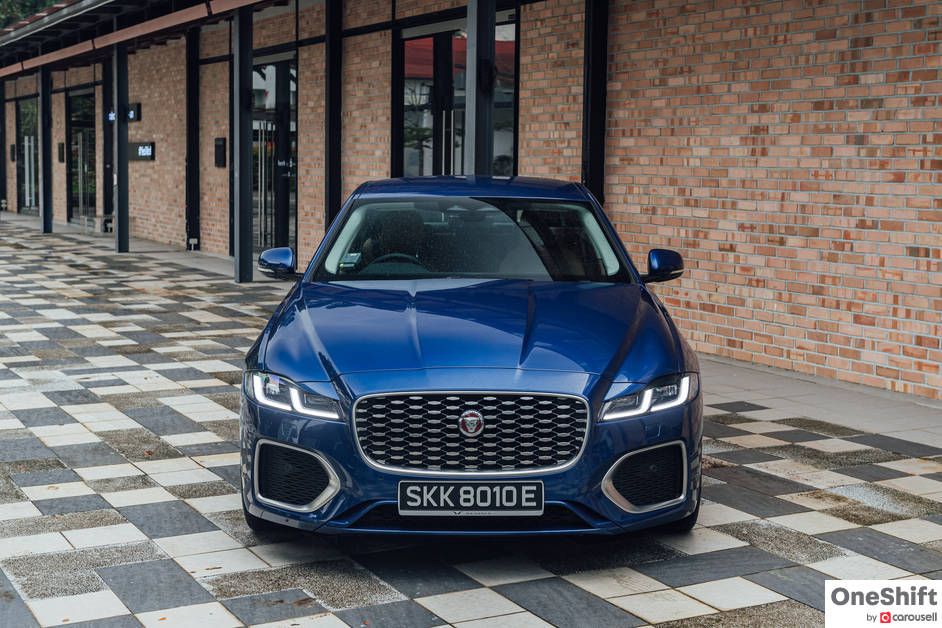
If you view car ownership as a long term commitment and typically use your cars for longer than 5 years, buying a car, especially one that is brand new and has free servicing and warranty. Over a course of 5 years, the car will no doubt be cheaper than leasing a car of a similar standing. Especially for bread and butter models, even if you add up the other costs such as insurance and road tax, your monthly repayments will very likely be lower than the lease price of a similar model with a similar age. Keep in mind that this is only true if you keep your car for a longer period of time, as selling your car too soon after buying it can lead to some pretty heavy depreciation figures on your end - thanks to the Rule of 78, a common loan calculation mechanism that skews your monthly repayments heavily toward interest repayments rather than loan repayments in the initial period of your loan. Buying a car also offers you some returns after you have decided to sell your car, assuming you are able to break even on your loan tenure.
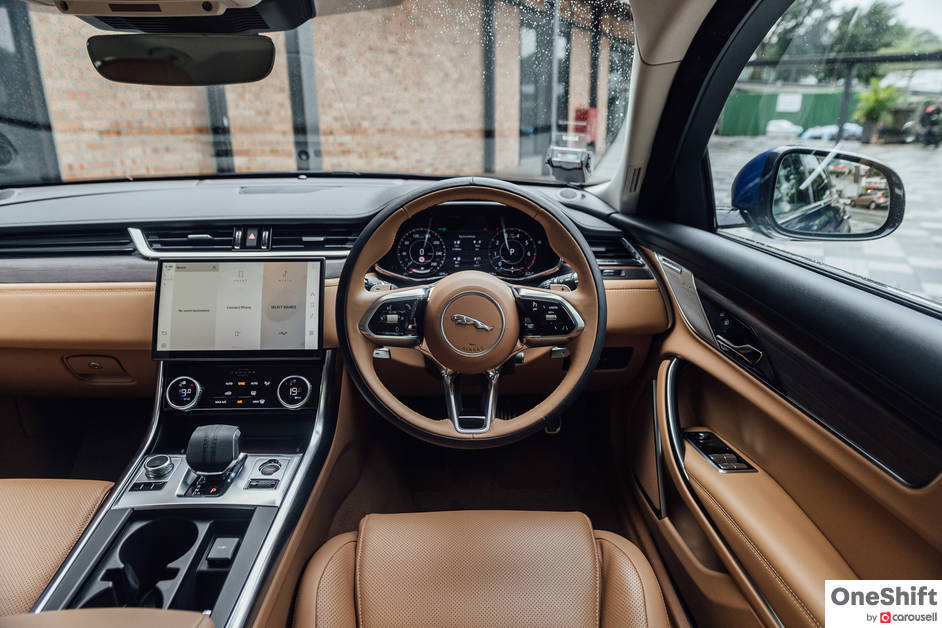
For others, owning a car may not just be to fulfil a utilitarian need. Some people purchase cars and want to tinker with their rides by customising certain components of the car. Some of these customisations include the changing of their rim designs and wheel size, body kitting and colour changes, as well as performance upgrades in the form of aftermarket shocks, upgraded air intakes, or even an ECU tune to increase the performance specifications of the car. If you are in a similar situation where you are keen to do all this, then buying a car will allow you the flexibility to express yourself in this manner - something that is simply not possible with a lease car. This is the reason why proud petrolheads will almost always own their cars rather than lease their cars, as the customisations are a further expression of themselves and their lifestyle. Similarly, if you are after a specific make and model that is a little more niche and not available from leasing companies, then purchasing the car could be the only way to go.
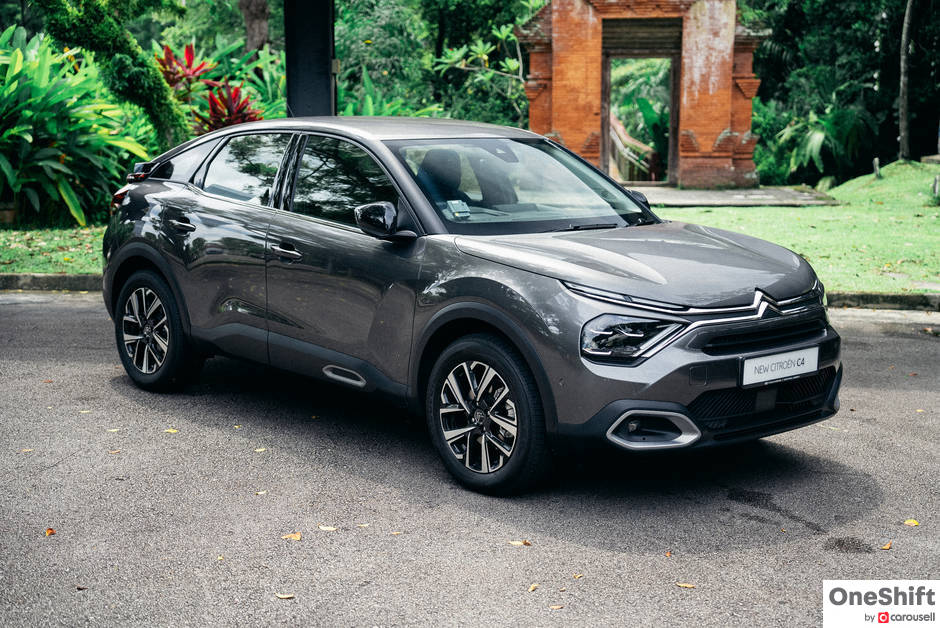
One obvious downside of buying a car is of course the huge down payments normally associated with buying a new car, which can range from 30% - 40% depending on the Open Market Value (OMV) of the car. While many Singaporeans are used to saving up over years or using their bonuses to make such a downpayment, we should acknowledge the fact that the down payment mechanism is indeed a large amount of liquid assets to throw upfront into a depreciating asset such as a car. Purely from a financial standpoint, this represents plenty of flaws, as that large amount of liquid assets could have been placed in investments, which could earn returns that more than make up for the monthly repayment difference between buying and leasing a car.
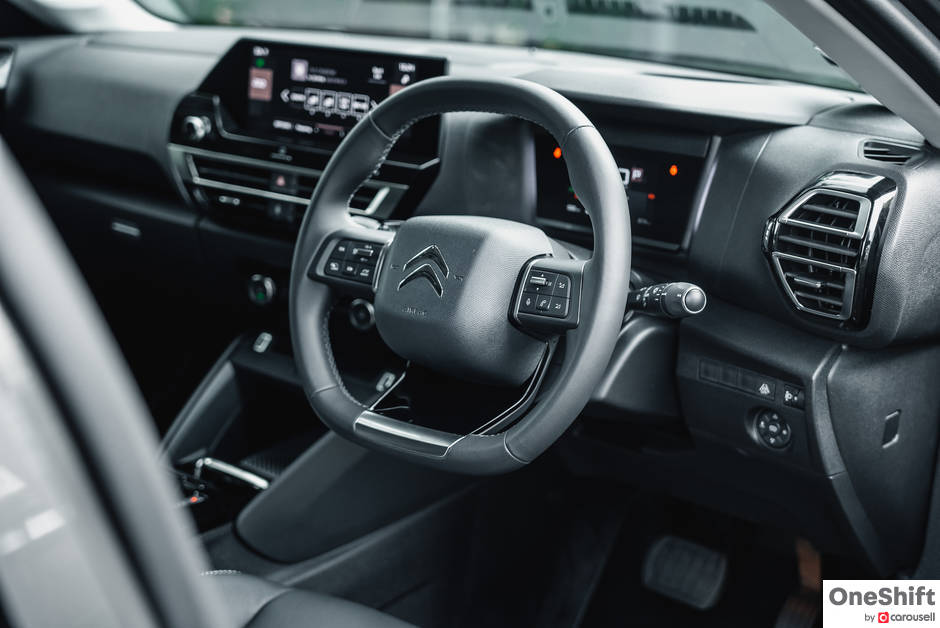
Moreover, because the Monetary Authority of Singapore (MAS) views such car purchases as a large financial commitment, dropping a massive downpayment, accompanied by an 84 month loan tenure can significantly impact your Total Debt Servicing Ratio (TDSR) in the eyes of the government. If you happen to be planning for a new home in the upcoming years, this car purchase will definitely have a massive impact on the loan amount that banks will extend to you for your home loan.
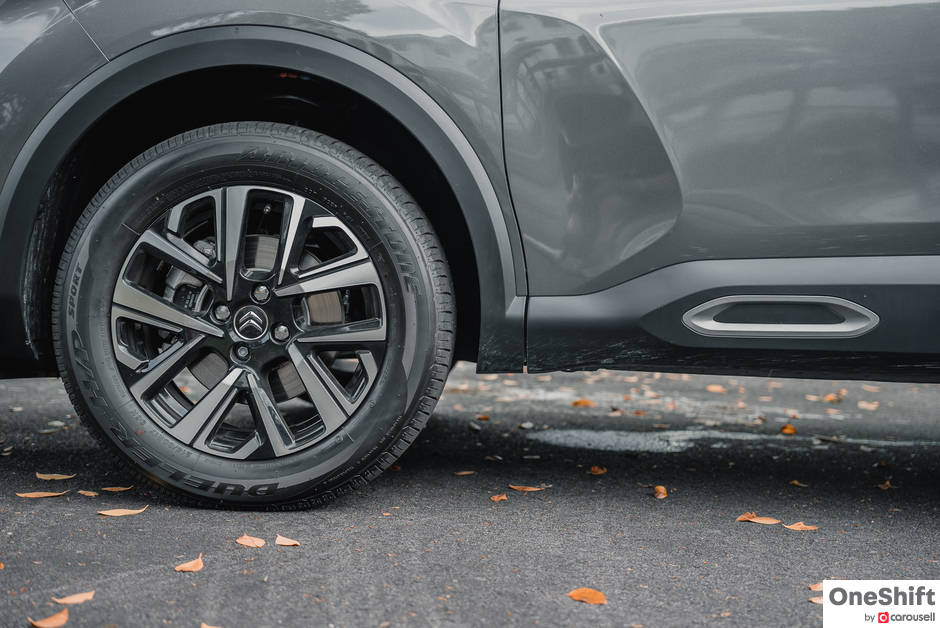
Lastly, if you are the sort who is unfamiliar with car servicing, and cannot bring yourself to take an interest in such matters, then managing maintenance schedules and costs for your ride can feel quite daunting, especially if you are buying an older car that is outside of its agent warranty period. While wear and tear related costs are to be expected on an older vehicle, some people may have warped expectations that their cars can run maintenance free, and as such, view these wear and tear related costs as unexpected, thus causing them some grief.
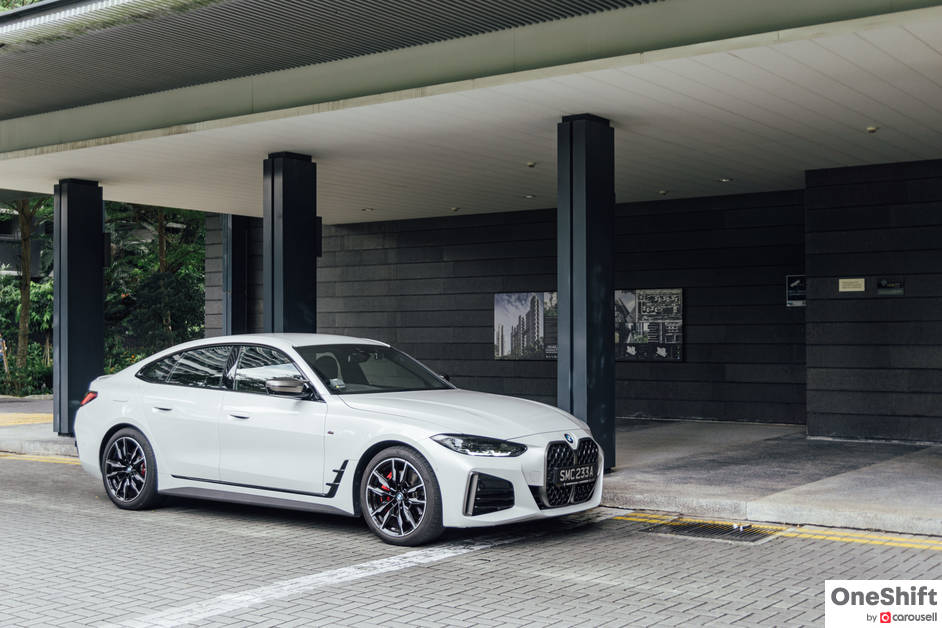
In direct contrast to the last point, car leasing is typically an all-inclusive arrangement where your lease price covers everything you will need. If you’re the sort of driver who just wants to drive, but find it difficult to care about car maintenance, nor do you care what sort of tyres you are driving on, then car leasing is a great choice - as the lease price typically already includes road tax, insurance, and maintenance. In fact, when you send your lease car in for servicing, a replacement car is typically offered to you, something that most car owners don’t even enjoy when they send their cars in for servicing.
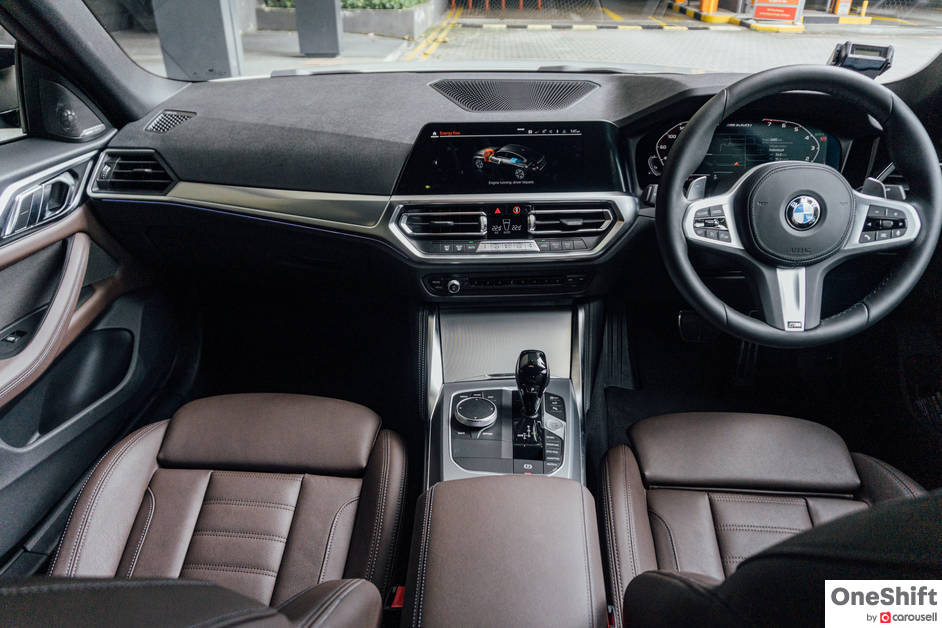
One key advantage of leasing a car has to do with financial liquidity and flexibility. Firstly, there is no downpayment associated with leasing a car. There may be some deposits or admin fees you’ll need to pay at the start of your lease, but these figures are nowhere near the amounts you would have to down pay to drive off with a purchased car. There are now plenty of innovative leasing products available that allow the driver to lease a brand new car for a tenure as short as 18 months. If you’re the sort of driver that wants to be seen in the latest car, but doesn’t mind a stock looking car, then leasing is a great way for you to change your ride to the latest models every 1-2 years.
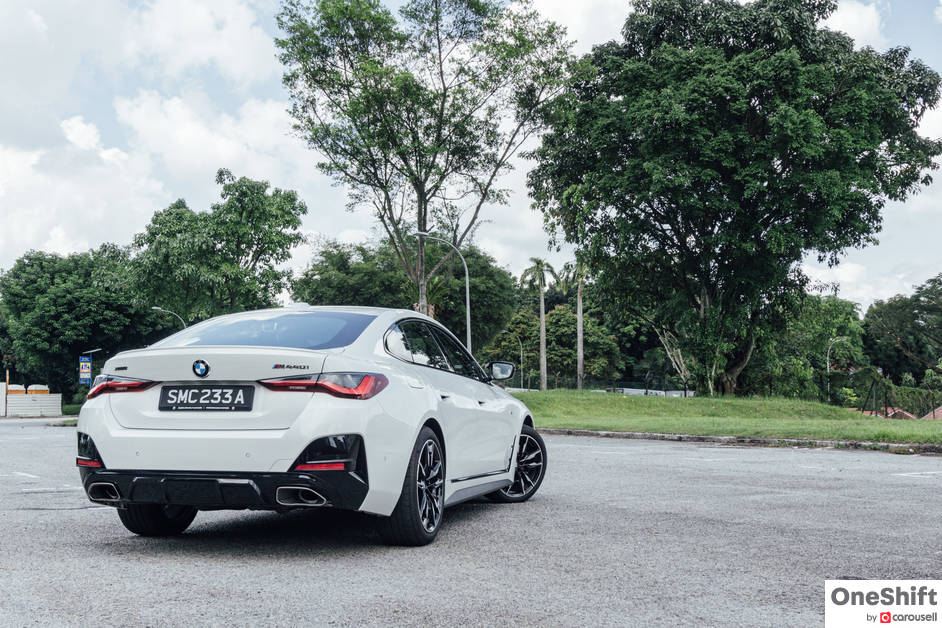
As leasing is considered a rental product, where the driver is not taking up ownership of the vehicle, there isn’t a need for loans and therefore, will not affect your TDSR, which is excellent for buyers who may be planning for a new home in the coming years. By not technically owning a car with a loan, a person’s eligible loan amount will be significantly higher, allowing you to purchase a larger or more expensive home with that eligible loan amount.
Closely related to the advantages of buying a car, leasing a car means that you don’t actually own the vehicle asset, which in turn means that you aren’t typically allowed to change or modify any component of the car from the state that it was handed over to you. Even if you put aside the lack of aesthetic modifications permitted, it can still present some issues. Personally, I am a huge advocate of proper tyre use, and I firmly believe that it is a safety component of the vehicle that drivers should not neglect - after all, it's the only thing holding you to the road. Why would you try to save money on that? I’m not suggesting that everyone should be slapping on the latest ultra high performance tyres in the market, but putting on branded tyres with decent aquaplaning resistance that are within acceptable manufacture dates are important, especially in a place like Singapore, where we get quite a lot of heavy, sudden rain.
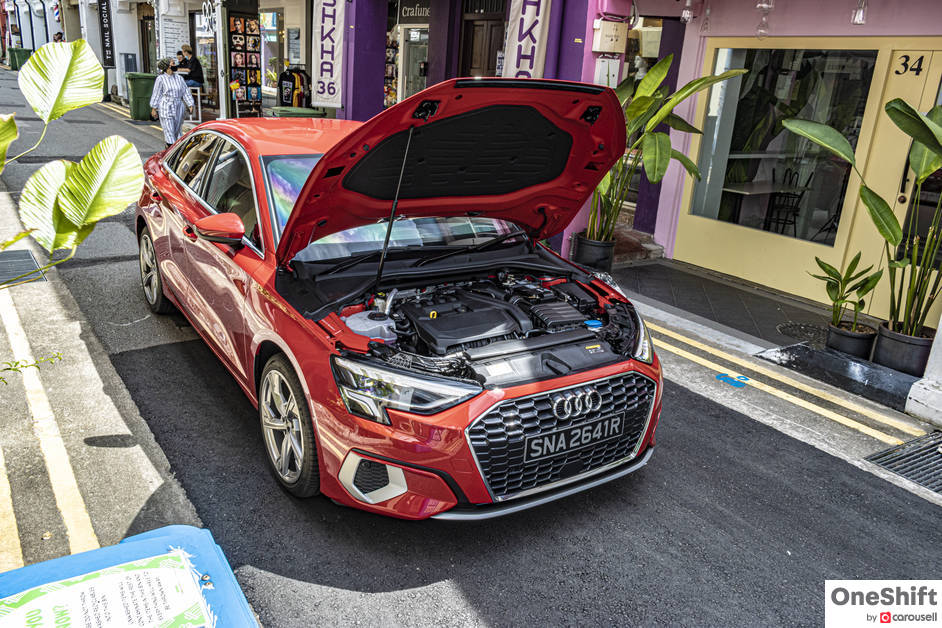
In a lease car, as tyre costs are managed by the lease company, there really isn’t much you can do if they decide to put sub-standard tyres on the car or used tyres that may have a healthy thread pattern, but have perhaps been sitting in a warehouse for 2 years. There are so many scenarios where the application of a certain tyre by the leasing company may not meet the safety expectations that you may have of the vehicle that you’ll be using to ferry yourself and your children around - yet it is perfectly within the right of the leasing company to enforce their preference as they are the legal owners of the vehicle.
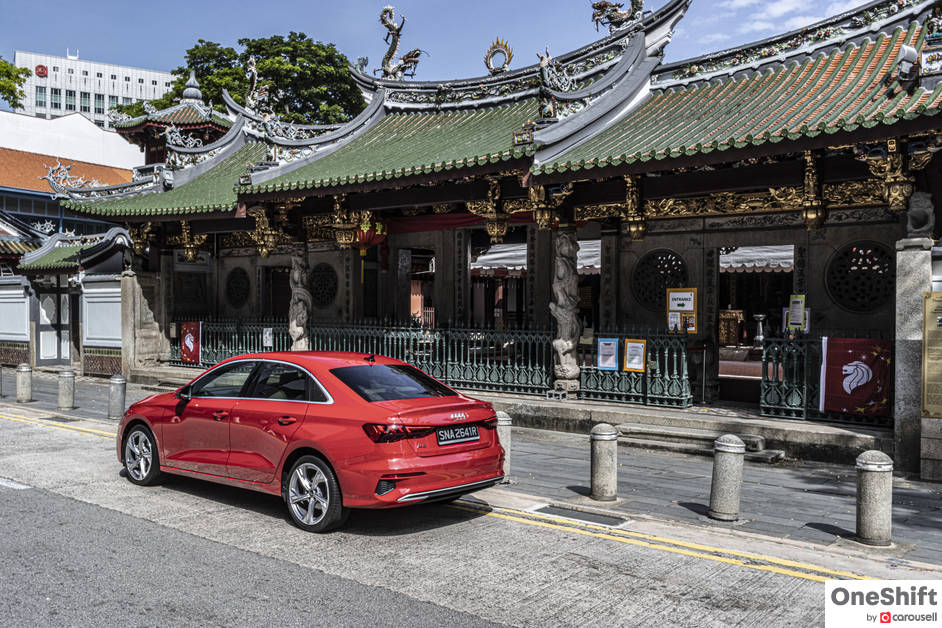
Last but not least, it is important to remember that nothing is free in this world, and with that in mind, although leasing companies market the fact that they are all inclusive, you should remember that this comes at a price too. Without a downpayment component for a leasing service, most car leases can present much higher monthly repayments than a traditional hire purchase, so in a way, you are still paying for the road tax and insurance costs undertaken by the leasing company. Depending on the car that you are looking at, monthly lease rates could be between 50% to 100% higher than the same make and model of a similar age that was acquired via a hire purchase model. It’s not to say leasing is an expensive model, and truthfully, the leasing prices are quite fair for what’s included, but if you’re choosing the leasing model to avoid the massive downpayments, then you should consequently understand that your monthly repayments would then be significantly higher.
To sum up a lengthy comparison, I would say that the key thing to consider is the balance point between your own financial literacy and the amount of cash that you have on hand, as well as the amount of money you earn each month.
If you’re a young person who hasn’t had the luxury of time to amass large pools of savings, but earn a very healthy monthly income, leasing is a good option to consider as it allows you to fund your lease through your monthly income, without having to diminish your already limited savings which you’ll probably want to use for a new home, or marriage, or kids.
If you’re in the above described profile, then you’re also likely to possess a fairly decent level of financial literacy - which means that you are in a position to make informed decisions on longer term investments of your choice, using the principal sum you would have otherwise spent on down payment in a standard hire purchase to earn returns which can help offset some of your lease repayment.
If you are a little more adventurous and want the best of both worlds, you may also want to consider alternative ways of owning a car, such as taking up in-house loans of (rumoured) up to 100% of the purchase price of the car. While a higher interest rate than normal is to be expected, this format hypothetically means that you get to own a car and do whatever you want with it, without having to drop a massive downpayment into a depreciating asset. The best part is that despite technically owning the vehicle, the sum of money you are investing is in a separate investment vehicle from your car. This means that as the car loses value over time, your money isn’t losing money together with it. Quite the reverse, your long term investments are probably making you money. In-house loans also typically do not show up as part of your credit report and therefore do not affect your TDSR.
Last but not least, if you have amassed large amounts of savings over time, are older and do not foresee another property purchase or more children, are not particularly comfortable with investments, and essentially do not have anything more exciting to do with your money other than leaving it in the bank, then you should definitely consider purchasing a car using a standard hire purchase. Factually, it will give you the lowest monthly repayments out of all the formats, and will be 100% within the MAS guidelines on car ownership.
Credits:


Get the Best Price for your used car
from 500+ dealers in 24 hours

- Convenient and Hassle-Free
- Consumer Protection
Transparent Process
With No Obligation








